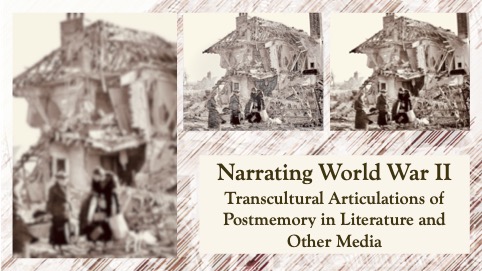Voiced Postmemories: Rozalén’s “Justo” as a Case Study of Singing, Performing, and Embodying Mourning in Spain
DOI:
https://doi.org/10.13133/2239-1983/16843Abstract
This article introduces the concept of “voiced postmemories” by analyzing the song “Justo” (2017), created by the Spanish singer-songwriter Rozalén, as well as the documentary that was released with it, Conversaciones con mi abuela (2017). The documentary portrays an intergenerational dialogue in which Rozalén asks her grandmother about the murder and “disappearance” of Rozalén’s great-uncle, Justo, at the end of the Spanish Civil War. Justo’s story stands as an archetype of many stories of victims of authoritarian dictatorships. The song shows the need to mourn Justo for four generations. Among the achievements of Rozalén’s project is the exhumation of Justo’s tomb, reactivating an ongoing debate about mass graves in Spain. The essay connects this example with others in Spain, Chile, Uruguay, Israel, and India, and it characterizes some features of voiced postmemories, those aural and oral particularities of postmemories found and expressed through music and sound.
Downloads
Published
How to Cite
Issue
Section
License
Gli autori che pubblicano su questa rivista accettano le seguenti condizioni:- Gli autori mantengono i diritti sulla loro opera e cedono alla rivista il diritto di prima pubblicazione dell'opera, contemporaneamente licenziata sotto una Licenza Creative Commons - Attribuzione che permette ad altri di condividere l'opera indicando la paternità intellettuale e la prima pubblicazione su questa rivista.
- Gli autori possono aderire ad altri accordi di licenza non esclusiva per la distribuzione della versione dell'opera pubblicata (es. depositarla in un archivio istituzionale o pubblicarla in una monografia), a patto di indicare che la prima pubblicazione è avvenuta su questa rivista.
- Gli autori possono diffondere la loro opera online (es. in repository istituzionali o nel loro sito web) prima e durante il processo di submission, poiché può portare a scambi produttivi e aumentare le citazioni dell'opera pubblicata (Vedi The Effect of Open Access).


